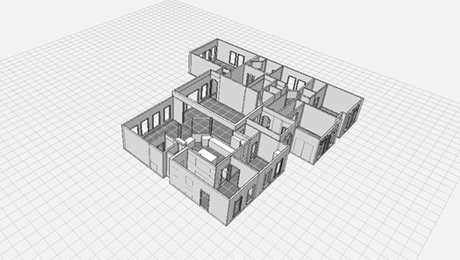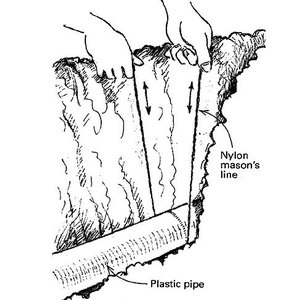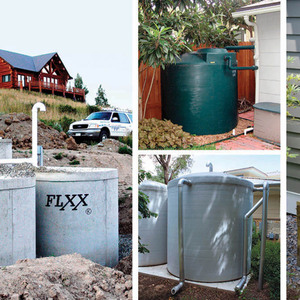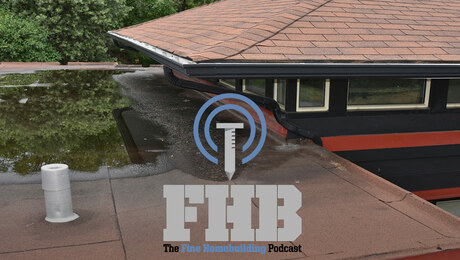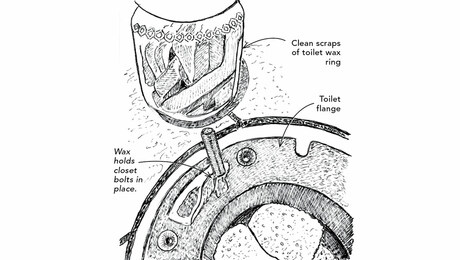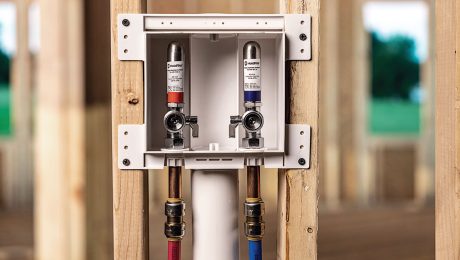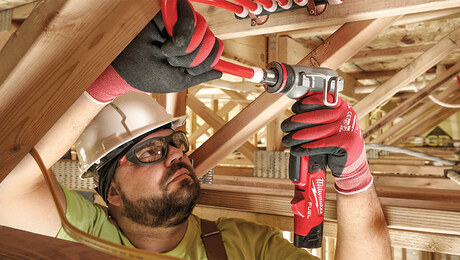Fred Schilling, Master Plumber
He’s plumbed luxury homes, commercial buildings, and a water park. Now he’s bringing clean water—and the skills needed to keep it flowing—to Haiti.
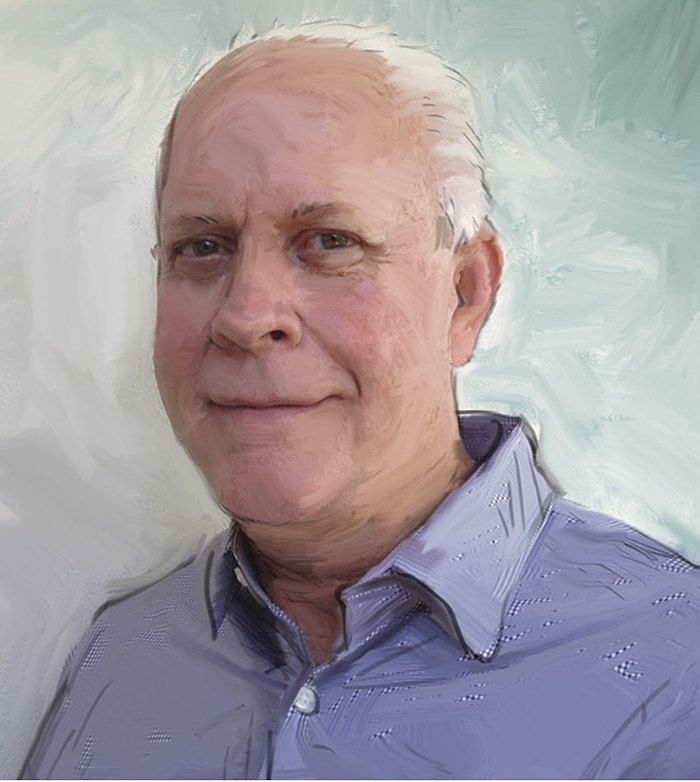
You were looking for a way to “give back” when a colleague told you about the organization Plumbers Without Borders. What happened then?
It took a bit of phone tag till I finally connected with Domenico DiGregorio, the founder of Plumbers Without Borders, in Seattle. We spoke about our desire to give back to society, and how underdeveloped countries could benefit greatly from the skills we have. A couple of days later, Domenico called to ask if I could fly to Haiti the following Tuesday. The earthquake had occurred, and Seattle University needed someone to help with Haiti’s water-supply challenges. I went, and it changed my life.
What did you see there?
I saw an amazing amount of human suffering. People were living in the street or in tent cities, without sanitation, water, power, or security. Victims were still buried in the rubble. The amount of devastation was difficult to process.
What was the state of the plumbing you saw in Haiti?
The best way to describe the plumbing would be that it’s inadequate, improperly installed, lacking any minimum code or standards, and with a lack of any skilled plumbers to do the work. Haiti has no building or plumbing code, no standards, and no inspections. You just do whatever you want.
What was your assignment?
Part of my first visit was to teach plumbing students at Haiti Tec, a vocational training center, how to install purification systems designed by graduate students at Seattle University. We put one together at Haiti Tec, and then I took students out to do an installation at a school. Since then, the students have installed about 10 more systems at schools, a couple of hospitals, and at one of Sean Penn’s clinics in Port-au-Prince. At some of the sites, we’ve created a kiosk where people can buy the water for about a penny a gallon.
What was the students’ level of understanding about water and sanitation? The students know a great deal more than you might think. In the United States, almost no one gives it a second thought; you turn on your faucet, and safe water flows out. In Haiti, it’s a matter of life and death. If you’re a student studying water and sanitation in Haiti, you realize how important this information is.
What is Haiti’s greatest challenge in providing access to healthy water?
The challenges are numerous. Outside the capital area of Port-au-Prince, a water distribution system as we know it here does not exist. In the very limited area where a system exists, it’s only pressurized for short periods. The majority of the country has no water distribution system at all. Water is trucked in from areas with wells or collected on rooftops in cisterns. The trucked-in water is not safe to drink, and Haiti has months when it never rains, so rainwater harvesting is not a solution. Our idea of creating kiosks with our systems producing safe water seems to be the best option for now.
I hear that PWB is also working on a worldwide database of volunteer plumbers. Will it help Haiti?
Yes. It will allow volunteer, skilled plumbers from all over the world to log on and identify their skill level, experiences, licenses, location, and their ability to travel to remote parts of the world. At the same time, we will have various organizations with needs from around the world log on and request the assistance of those skilled plumbers, and the database will match the two together.
You’ve plumbed hundreds of high-end projects. How do you adapt those first-world skills to third-world problems?
That is one of my biggest challenges. The students were very interested in hearing about the projects I’ve been involved in. I figured if I inspired them with my stories, I would have their attention. It worked. My goal is not only teaching them to be skilled plumbers but inspiring them to be successful plumbers. They have no role models of successful plumbers in their country, so I try to help them understand where this new skill can lead them.
Where do you hope your own work in Haiti will lead?
My personal goal is to establish a licensing system for plumbers in Haiti. We’re currently working on creating a specific journeyman exam that will result in a license. With this license, plumbers will be able to certify that they have graduated from the plumbing program and have the skills to do new-construction projects in Haiti. Currently, new-construction plumbing projects are being done almost entirely by foreigners because Haiti lacks the skilled plumbers to do the work. I intend to change that.
Online Extra: See photos of Fred’s work in Haiti.
Illustration: Jacqueline Rogers
